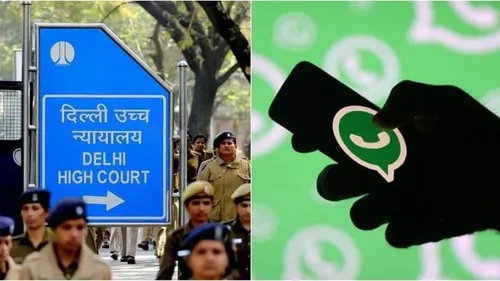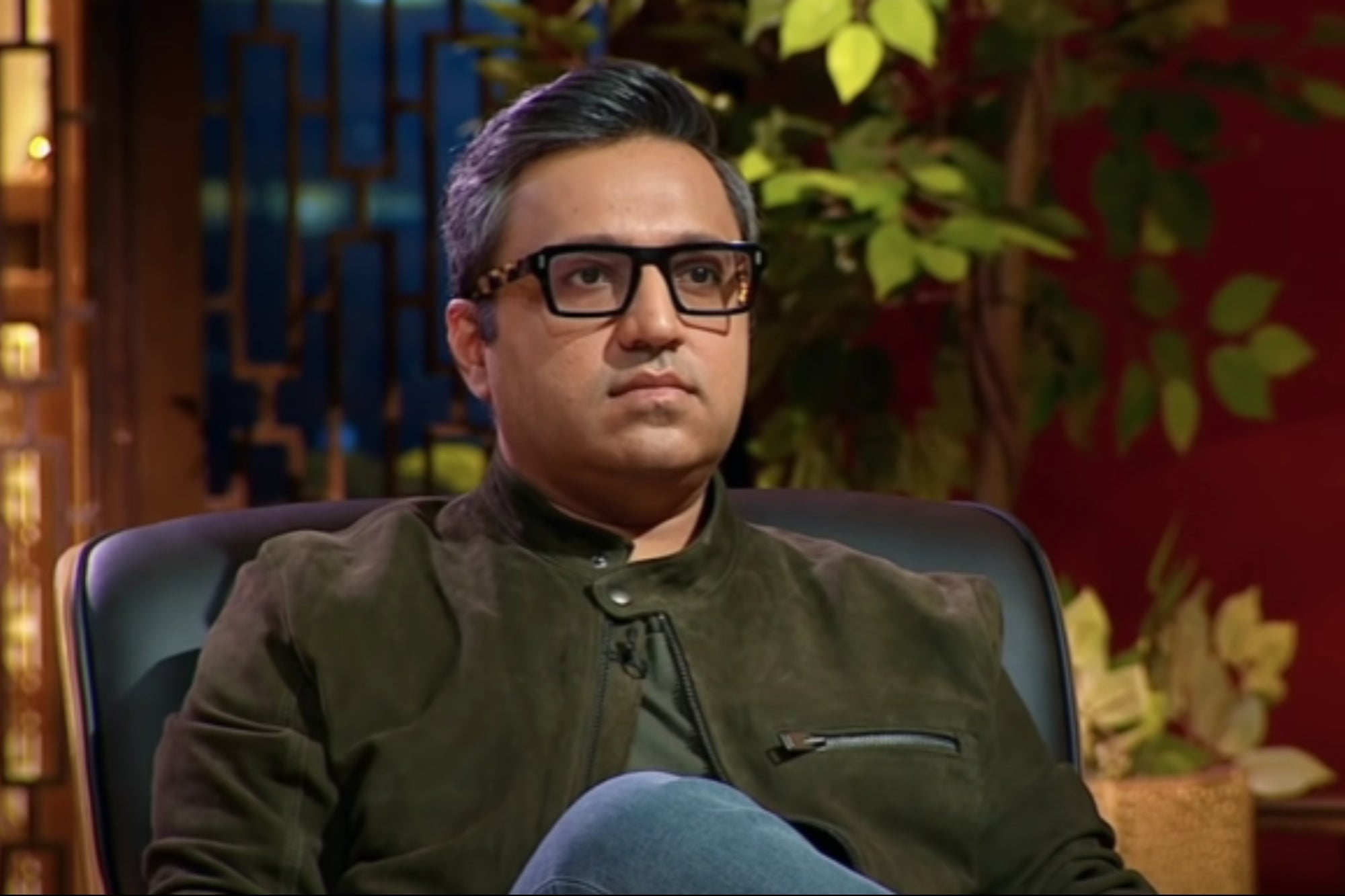Imagine a world without WhatsApp. No more family group chats, no catching up with friends abroad, no quick check-ins with colleagues. This could be the reality for millions of Indians if the ongoing battle between WhatsApp and the Indian government over encryption doesn’t reach a resolution.
Understanding Encryption
Let’s break down the issue at hand. Encryption is like a fancy lock that scrambles the contents of your messages, photos, and videos before they travel between your phone and the recipient’s phone. Think of it like a secret code only you and the other person know. This “end-to-end encryption” is what makes WhatsApp so popular. It ensures your conversations are private and can’t be intercepted by anyone, not even WhatsApp itself.
Why India Wants to Break the Encryption Lock on WhatsApp
India’s push to gain access to the content of encrypted messages on WhatsApp stems from a number of pressing concerns:
-
Combating Misinformation and Fake News: The rapid spread of false information via WhatsApp has become a major concern in India. Misinformation can incite violence, disrupt elections, and even endanger public health. For example, fake news claiming a particular religious group is responsible for spreading a disease can lead to targeted attacks and social unrest. By tracing the origin of such messages, authorities hope to identify and apprehend the perpetrators, potentially deterring future attempts.
-
Curbing Hate Speech and Incitement to Violence: Hate speech and inflammatory messages targeting specific communities are prevalent on social media platforms like WhatsApp. These messages can lead to real-world violence, like mob lynchings or targeted attacks. The Indian government argues that the ability to trace the source of such messages is crucial for identifying and prosecuting those who spread hate speech, sending a strong deterrent message.
-
Combating Terrorism and Organized Crime: Encrypted messaging platforms have become a potential haven for terrorist organizations to communicate and plan attacks. Similarly, criminal gangs may use these platforms to coordinate illegal activities. The Indian government believes that having the ability to identify the origin of messages, under specific legal guidelines and with proper oversight, could be a valuable tool in disrupting these activities and apprehending criminals.
-
Protecting Children and Vulnerable Individuals: Children are particularly susceptible to online grooming and exploitation. WhatsApp can be a breeding ground for predators targeting children for sextortion or even trafficking. By tracing the origin of suspicious messages, authorities believe they can take proactive steps to protect vulnerable individuals and bring perpetrators to justice.
Balancing Security vs. Privacy
It’s important to understand that India doesn’t advocate for complete removal of encryption. Their primary concern lies in gaining access to the originator’s information in specific, high-risk scenarios, following due legal process. They believe that with proper safeguards in place, the ability to trace messages can be achieved without compromising the overall security of the platform.
However, there are concerns about potential misuse:
-
Privacy Violations: Civil liberty activists express concern about potential for government overreach and abuse of power. They fear that if granted the ability to trace messages, the government might use it for mass surveillance or targeting individuals based on their political beliefs or dissent.
-
Chilling Effect on Free Speech: The knowledge that messages could be traced back to the source might create a chilling effect on free speech. People might be less likely to express themselves freely online if they fear government scrutiny or repercussions.
The crux of the issue lies in the interpretation of existing laws:
- Information Technology (IT) Rules: The Indian government argues that a recent amendment to the IT Rules empowers them to request message traceability for investigations. However, the specific wording regarding breaking encryption might be open to interpretation.
Finding a solution that balances the need for security with the right to privacy is the challenge at hand.
WhatsApp’s Side
WhatsApp’s unwavering stance on user privacy, particularly regarding end-to-end encryption, is rooted in several key arguments:
-
The “Weakening the Chain” Analogy: WhatsApp portrays end-to-end encryption as a secure chain protecting user messages. If a mechanism is created to allow access for law enforcement, it’s like introducing a weak link in the chain. This “backdoor” could potentially be exploited by hackers, criminals, or even rogue government officials, compromising the security of all users’ messages, not just those targeted by investigations.
-
The “Setting a Dangerous Precedent” Argument: If WhatsApp concedes to India’s demands, it sets a troubling precedent for other governments to follow suit. This could create a domino effect, with countries around the world pressuring tech companies to weaken or dismantle their encryption protocols. This would create a fragmented digital landscape where user privacy protections vary depending on location, making it difficult for companies to offer a consistent level of security globally.
-
The “Focus on Traceable Metadata” Counter-Proposal: WhatsApp argues that alternative solutions exist to address India’s concerns without sacrificing encryption. They propose focusing on tracking metadata associated with messages, such as timestamps and sender IP addresses. While this wouldn’t reveal the content of the messages, it could provide valuable information to investigators for tracing the origin and potentially identifying the source.
-
The “Notice and Takedown” Alternative: Another proposed solution involves implementing a robust “notice and takedown” system. This would allow Indian authorities to flag potentially harmful content on WhatsApp. The platform would then be obligated to expeditiously remove such content, preventing its further spread. This approach could help combat misinformation and hate speech without compromising the privacy of users who are engaging in legitimate communication.
The Human Cost of a Shutdown:
The potential withdrawal of WhatsApp from the Indian market wouldn’t just be a business decision. Millions of Indians rely on the platform for everyday communication, from staying in touch with family and friends to conducting business transactions. Small businesses that use WhatsApp for marketing and customer communication would be severely impacted. A shutdown would disrupt daily life for many, creating a communication vacuum that could take years to fill with alternative solutions.
Beyond WhatsApp
The outcome of this clash between WhatsApp and the Indian government has far-reaching implications for the tech industry as a whole. If India successfully forces a break in WhatsApp’s encryption, it could embolden other governments to pursue similar measures. This could lead to a global erosion of user privacy standards, impacting individuals and businesses worldwide.
The Challenge of Finding Common Ground
The battle between India and WhatsApp underscores the complex challenge of balancing national security concerns with the fundamental right to privacy in the digital age. Finding a solution that addresses both needs requires creativity and collaboration. Both sides need to consider alternative approaches, such as the ones proposed by WhatsApp, that can provide law enforcement with necessary tools without compromising user privacy. Open and transparent dialogue, along with a willingness to compromise, is crucial in reaching a resolution that protects both security and privacy.
Finding a Solution
There’s no easy answer to this complex issue. Both sides have valid points. The challenge lies in finding a solution that respects user privacy while also empowering law enforcement to tackle online crimes effectively.
Here are some potential solutions that have been proposed:
- Traceable Metadata: Instead of decrypting message content, authorities could focus on tracking metadata like timestamps and sender IP addresses. This would provide valuable information without compromising the actual contents of the messages.
- Notice and Takedown System: A system could be implemented requiring platforms like WhatsApp to promptly remove harmful content once flagged by authorities, without needing to break encryption.
- User Education: Increased public awareness about online safety and responsible use of social media platforms can go a long way in preventing the spread of misinformation and hate speech.
The Road Ahead: Staying Informed
The future of WhatsApp in India remains uncertain. Both sides are locked in a high-stakes battle with significant ramifications. As this situation unfolds, staying informed about the latest developments is crucial. Keep an eye on news outlets and tech blogs for updates.
What You Can Do:
While the ultimate decision rests with the Indian government and WhatsApp, there are steps you can take to stay informed and protect your own online privacy:
- Understand Encryption: Familiarize yourself with how encryption works and its importance in safeguarding your online communications.
- Be Mindful of What You Share: Think twice before forwarding messages or sharing unverified information online.
- Report Suspicious Activity: If you encounter harmful content on WhatsApp, report it to the platform immediately.
Join the Conversation!
This fight between WhatsApp and the Indian government raises important questions about the balance between privacy and security in the digital age. Let’s discuss this complex issue and explore potential solutions that can benefit both users and governments. Please share your thoughts in the comments. At theproductrecap.com, we are open to friendly suggestions and helpful inputs to keep awareness at peak







